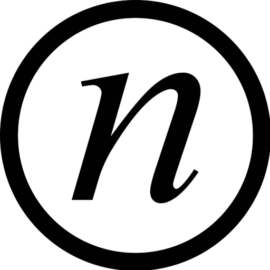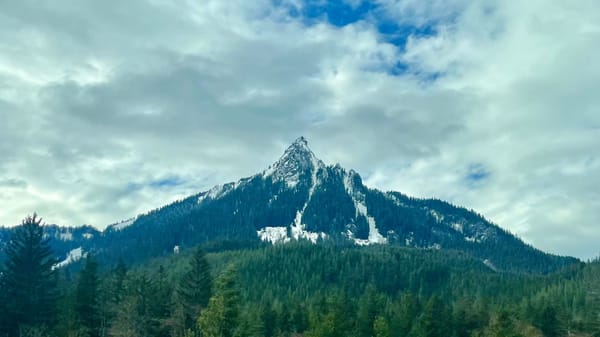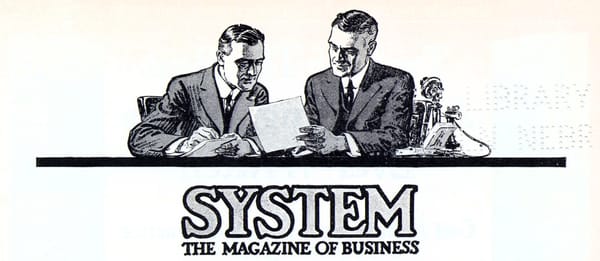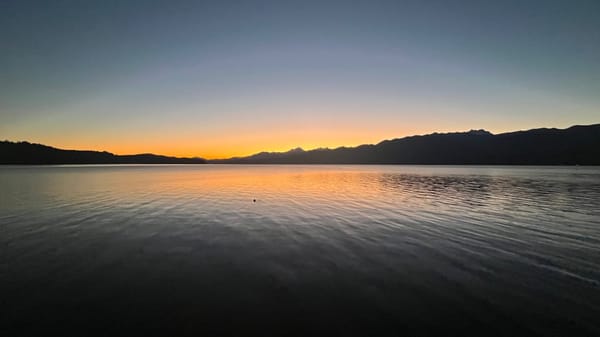Monthly links & notes: January 2024
An obituary, a few readings, a book, and an online course.
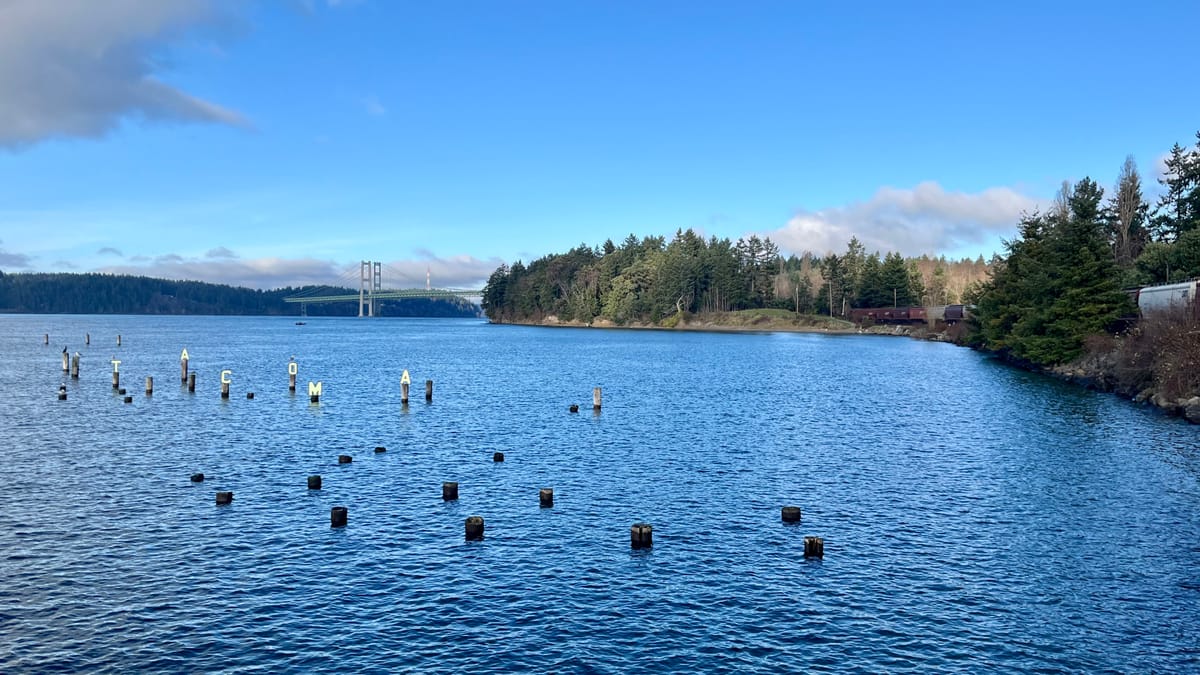
Online reading
This month I’m remembering the life and work of David Mann, who passed away in late December. He was one of those Michigan lean people who had a big effect on me, although I only met him once, in passing, at a conference. That big effect was through his book Creating a Lean Culture: Tools to Sustain Lean Conversions. It helped me and Andre more skillfully support a couple of lean projects back in the day, including the one where I saw that when it all worked, it really worked. So, thanks, David.
Ruth Malan shared a free systems thinking (“systems seeing”) month-long daily journal. She encourages you to work through it, spending ~15 minutes on each daily exercise:
Finally, Anne-Laure Le Cunff’s “The Science of Learning to Let Go” is one of those pieces I’m still thinking about a month after reading.
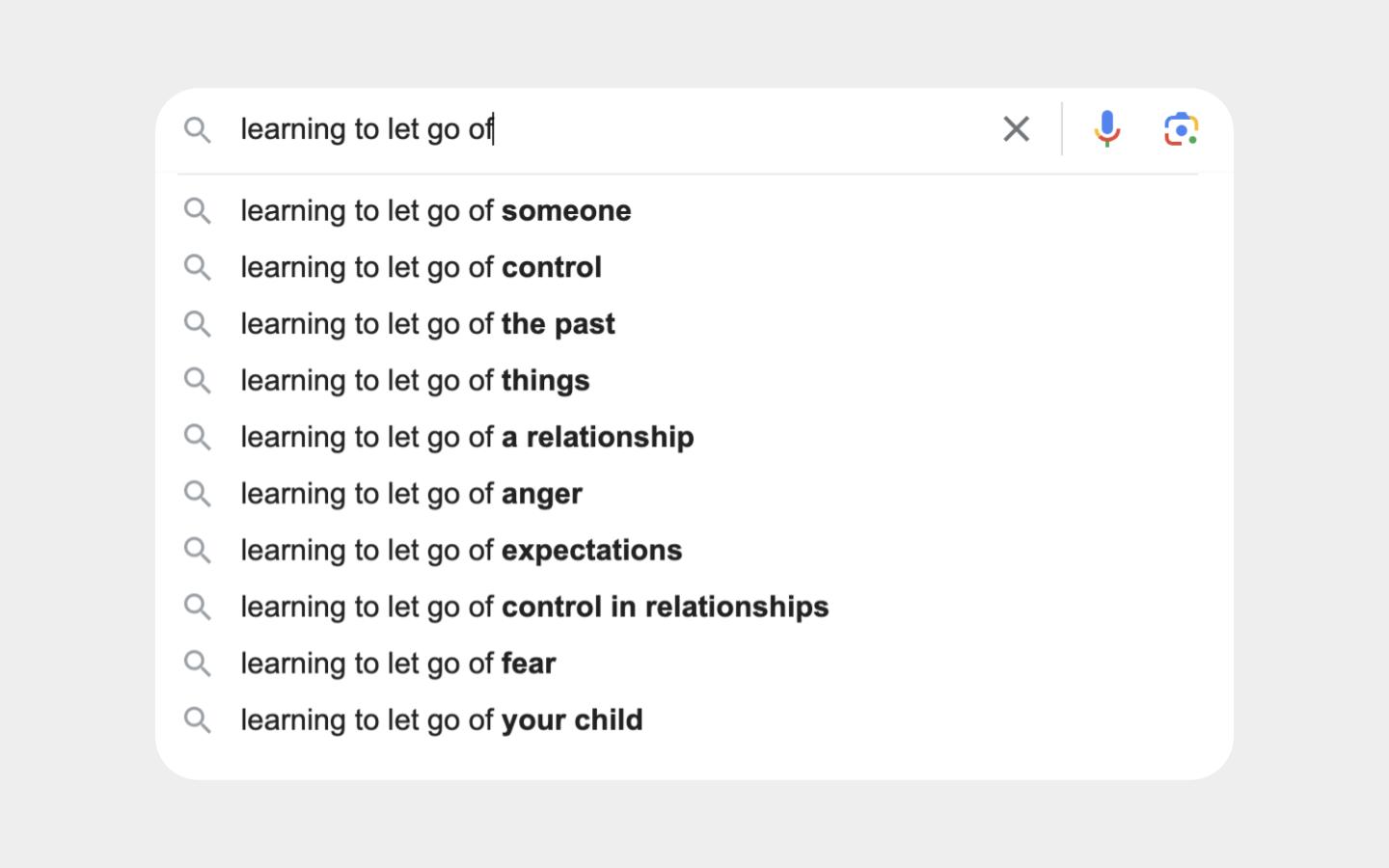
(If you like that, and want something short enough to carry with you forever, contemplate Tilopa’s Six Nails.)
Books
Mike Rother posted a thing that included a citation from Ignorance and Surprise: Science, Society, and Ecological Design by Matthias Gross and I immediately picked up a copy. (Ever since I encountered one of the key concepts of my consulting practice in a tossed-off back page column about fish scientists in a 1995 ecology journal, I know to pay attention to these people (ecologists).)
I owe Mike and his outfit more detailed notes on this book, but for the moment let me share this amazing illustration. I give you the “house of the unknown” ↓
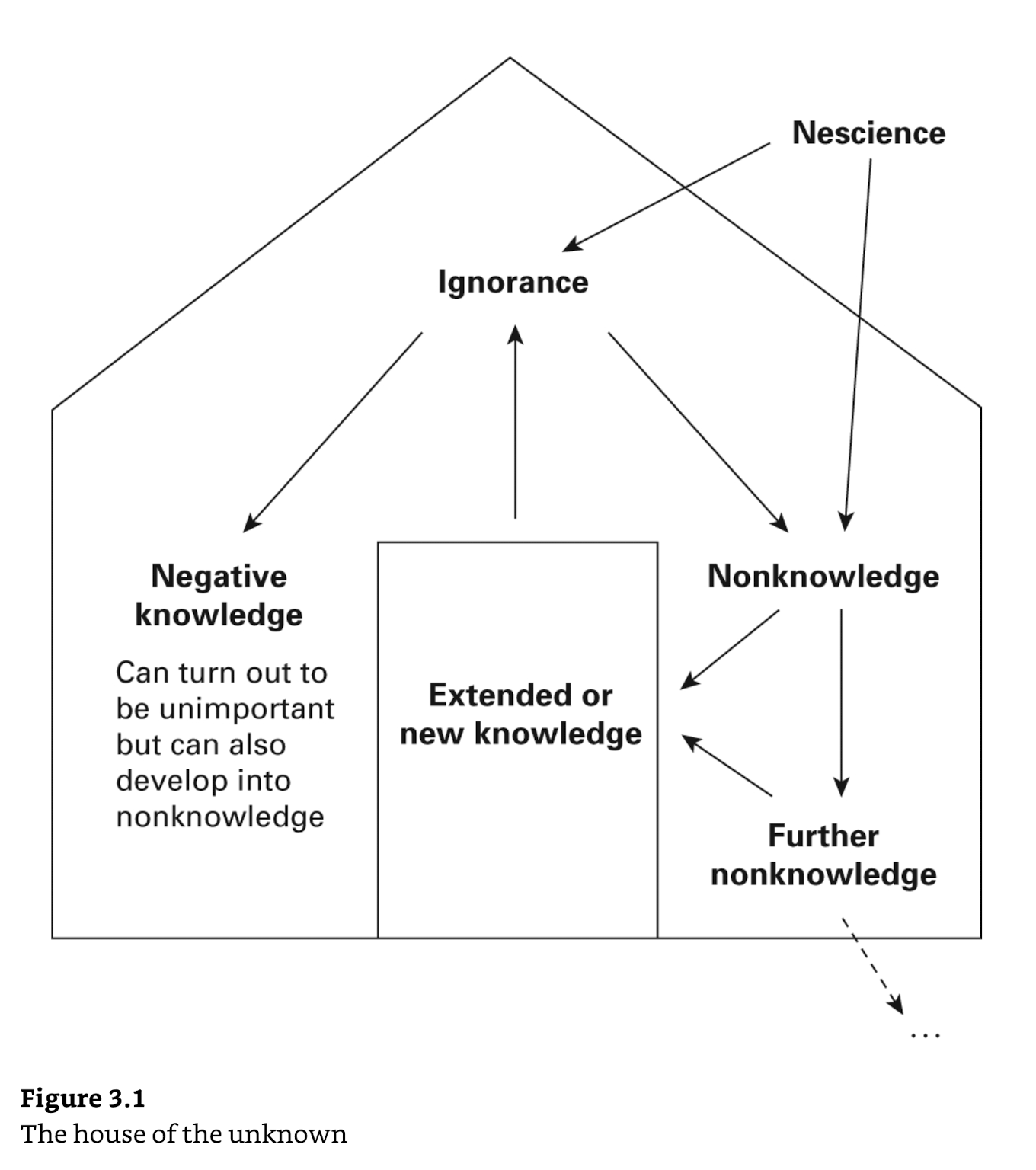
The ecological interventions (or experiments) Gross is concerned with tend to happen in “the real world” instead of a laboratory. And that’s the ledge I use to climb up into this book. Kaizen is the choreography that happens in order to allow people to make improvements to their own “real world” work and relations. I think we can learn a lot from this book’s framework about how people respond to various kinds of surprising conditions or discoveries.
On the site
Recent changes @ improvesomething.today:
- Added to the Junk Drawer → a placeholder for LinkedIn carousel postings I’ve been doing. These mostly reiterate items from the site, but in a format people seem to enjoy.
- Some changes to e-mail newsletter delivery, formatting, and list membership that hopefully go smoothly. (If you’d like to join, unsubscribe, or change delivery of the e-mail newsletter, this is the link.)
Course recommendation
I recommend The Center for Humane Technology’s free, self-paced, multi-mode course, “Foundations of Humane Technology.”
If you design or make decisions about technology products or experiences, you might take a couple of afternoons to work through this material. The shift you’ll grapple with:
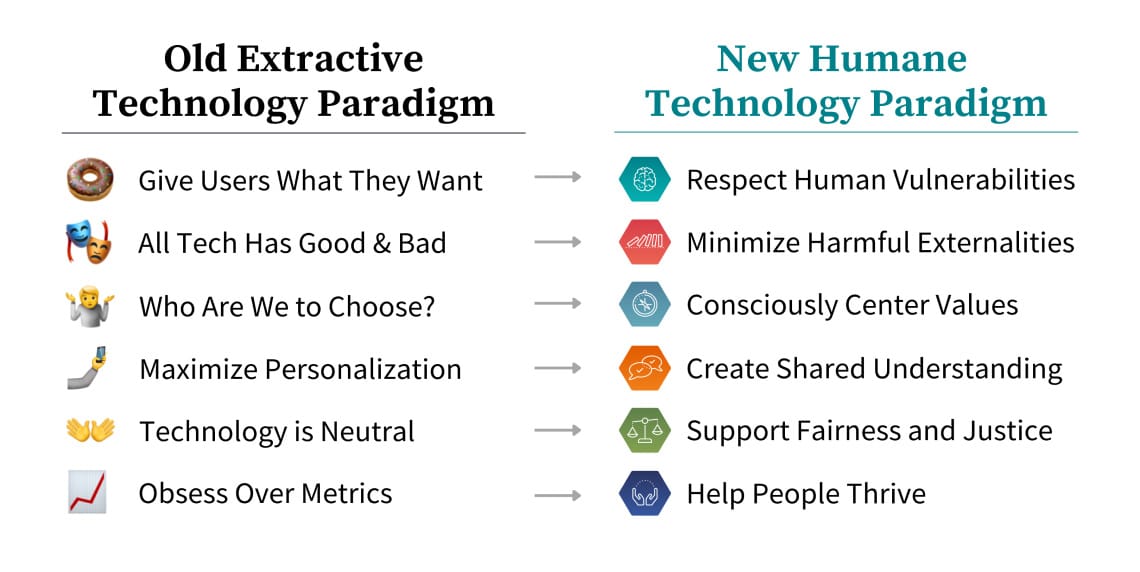
And the course:


